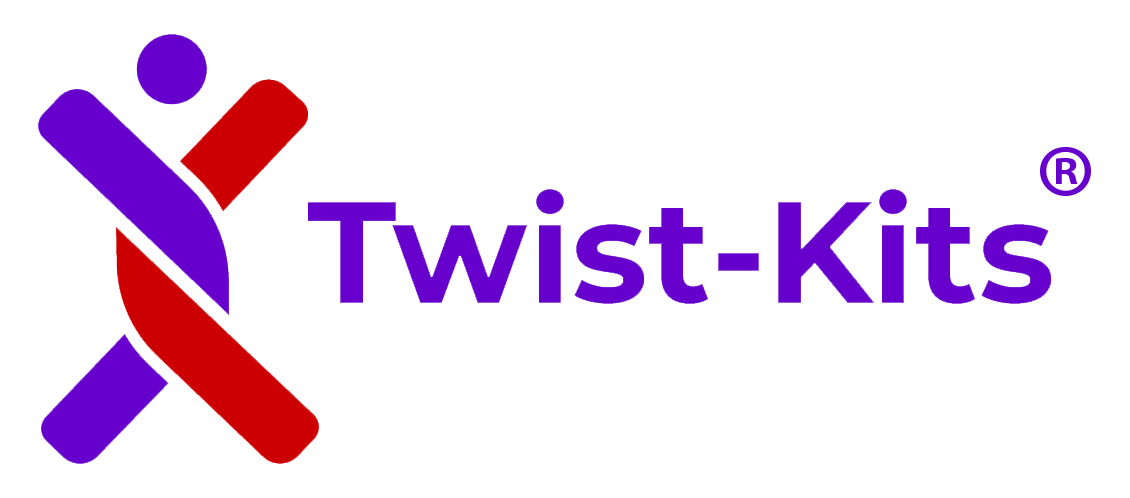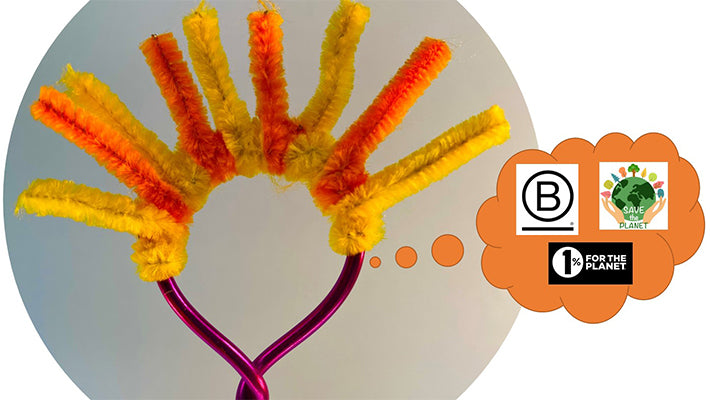I have worked in private business and I have worked for Non-Government Organizations (NGOs). I always wondered if there was not a way to combine the two, if your business has a source of revenue and a social mission, it does not have to spend all its time and resources trying to raise money. You can also go one step further by letting your customer know a sale (or social media support) is linked to your social mission, as a way of delivering a higher purpose than just a financial transaction.
I had some extra wire from an aluminum sculpture base that I was making, so I started making friends' small wire sculptures as gifts. I also taught a class in Boulder CO on how to make them and was blown away by the smiles and creativity of the participants. My friends encouraged me to follow my entrepreneurial instincts, so Twist-Kits was born. My wife came up with the name, my son makes the bases and my daughter and her friends help with assemble.
Twist-Kits are wire sculpture kits with endless possibilities, the company's social mission is to make art more accessible and shareable. The exact way to achieve that mission has not been worked out yet, as I write this we are getting ready to launch this enterprise. It's been six months of your typical ups and downs of entrepreneurship. I am writing this blog to be fully transparent and hopefully help someone start a business with a higher purpose.
The tricky part of implementing your social mission is striking the right balance between your social mission and your bottom line. There is a component of customer education, but if you talk too much about it you could be seen as green-washing and not being authentic. Your customer base can get confused about if you're a non-profit or a private business. That is why it is my goal to become a B-Corporation. In business, B corporation designation communicates that your company had been researched and graded for how meet “social and environmental performance”.
Many of the companies that are B certified I really admire such as Allbirds, Seventh generation, Patagonia and Ben & Jerry’s. I thought I would fill out the form but it’s not so easy. You have to achieve a verified score of 80 on B impact assessment and recertification is required every two years. There is a cost to apply ($500 -$50,000 based on revenue) and you need to have three years of historic data. I have no revenue and at launch my start-up runway capital is almost gone! I have found a non-profit called Fresh Artists
which shares the same social mission, so I will start by making a donation after each batch of inventory is sold. My current goal is 50 cents per kit but this will likely increase if the business model is successful. I will also keep you updated through this blog to document my progress. Please feel free to e-mail me questions or advice.
Dan Winkelman (Wink)
Founder / Artist / President Twist-Kits

